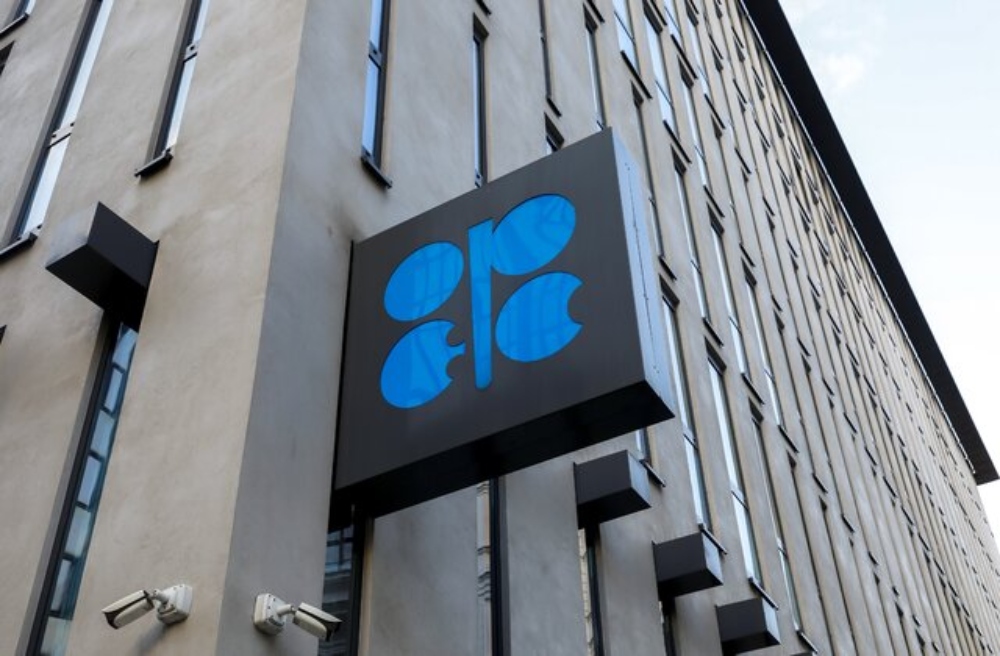Comments
- No comments found

The latest OPEC meeting conclusions show that the global economy is not as strong as headlines suggest and that industries all over the world are struggling to recover.
Indeed, many manufacturing PMIs (purchasing managers’ indexes) continue to signal contraction.
Oil prices have weakened in recent weeks despite the war in Gaza and rising geopolitical risk. At the close of this article, Brent is trading at $81.62 per barrel and WTI at $76.99. This is a mere 7% rise year-to-date. The average price of the OPEC basket in the latest figure of June 2024 was $83.08.
OPEC+ has agreed to extend its production cuts until 2025 because the outlook for demand remains uncertain. Members of the oil production group see that copper prices have soared 72% in the past five years, rising 22% in the last year alone, and may fear that the push for electric vehicles is shifting demand elsewhere. Oil prices have performed adequately in the past five years, but they are nowhere close to the levels that producers would consider adequate to balance their budget. If copper can tell us anything, it is that Chinese demand and the development of electric vehicles are much stronger forces than fossil fuel demand. However, this may be an incorrect way of looking at things.
Oil prices have stabilized above the $80 a barrel level (Brent) and the OPEC basket is above what analysts consider the price required to balance producers’ budgets. Furthermore, we cannot forget that the concept of a price needed to balance the government budget means nothing. All producing countries are generating excellent profits at these levels. If their government budgets are filled with unnecessary subsidies and items that have nothing to do with energy production, they cannot expect prices to cover social or defense expenditure.
Demand is likely to continue to be weak but growing. Furthermore, one thing is clear: oil is likely to continue to be a significant part of primary energy needs globally.
OPEC should worry about the United States and non-OPEC supply. The doom predictions of a collapse in oil production from unconventional oil have failed. The Energy Information Administration (EIA) shows that average daily production in 2024 is 13.12 million barrels per day, a 7.1% production increase over 2023 figures and 1.4% above its previous all-time high. The United States production has become stronger and more efficient, breaking even at $40 a barrel. Additionally, government measures to place regulatory burdens on energy production have failed. The United States production level is robust, sustainable and, more importantly, adaptable to regulatory risks.
OPEC members seem overly concerned about the environmental policies of Western governments. However, they should not fear too much. OPEC member governments may disagree, but central planning never works. In the same way that central planning does not make oil prices rise to the levels that some may desire, interventionism is not working toward its objective of decarbonizing by 2030. The good news for OPEC members is that Western governments have decided to implement interventionist policies and ignore competition, technology, and creative destruction. As such, oil is likely to remain a key source of energy supply for a long time. The world’s energy transition can only come if we find an alternative to oil that is abundant, has a stable and constant supply, and is economically viable. Solar, wind, and natural gas are essential to a competitive energy transition, but there is no possibility of a real change if the world abandons natural gas and nuclear.
We need to understand that the energy transition cannot come from banning efficient energy sources. It can only come from technology and competition. From free markets. We must understand that oil will continue to be a major source of energy production and that it is perfectly compatible with respect for the environment if technology is used to improve efficiency and sustainability. Ignoring the mining requirements of green energy is as dangerous as forgetting the sustainability potential of fossil fuel production. Instead of using ideology to drive energy policy, we should use technology and open markets.
Daniel Lacalle is one the most influential economists in the world. He is Chief Economist at Tressis SV, Fund Manager at Adriza International Opportunities, Member of the advisory board of the Rafael del Pino foundation, Commissioner of the Community of Madrid in London, President of Instituto Mises Hispano and Professor at IE Business School, London School of Economics, IEB and UNED. Mr. Lacalle has presented and given keynote speeches at the most prestigious forums globally including the Federal Reserve in Houston, the Heritage Foundation in Washington, London School of Economics, Funds Society Forum in Miami, World Economic Forum, Forecast Summit in Peru, Mining Show in Dubai, Our Crowd in Jerusalem, Nordea Investor Summit in Oslo, and many others. Mr Lacalle has more than 24 years of experience in the energy and finance sectors, including experience in North Africa, Latin America and the Middle East. He is currently a fund manager overseeing equities, bonds and commodities. He was voted Top 3 Generalist and Number 1 Pan-European Buyside Individual in Oil & Gas in Thomson Reuters’ Extel Survey in 2011, the leading survey among companies and financial institutions. He is also author of the best-selling books: “Life In The Financial Markets” (Wiley, 2014), translated to Portuguese and Spanish ; “The Energy World Is Flat” (Wiley, 2014, with Diego Parrilla), translated to Portuguese and Chinese ; “Escape from the Central Bank Trap” (2017, BEP), translated to Spanish. Mr Lacalle also contributes at CNBC, World Economic Forum, Epoch Times, Mises Institute, Hedgeye, Zero Hedge, Focus Economics, Seeking Alpha, El Español, The Commentator, and The Wall Street Journal. He holds a PhD in Economics, CIIA financial analyst title, with a post graduate degree in IESE and a master’s degree in economic investigation (UCV).
Leave your comments
Post comment as a guest